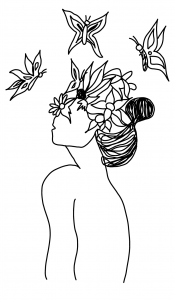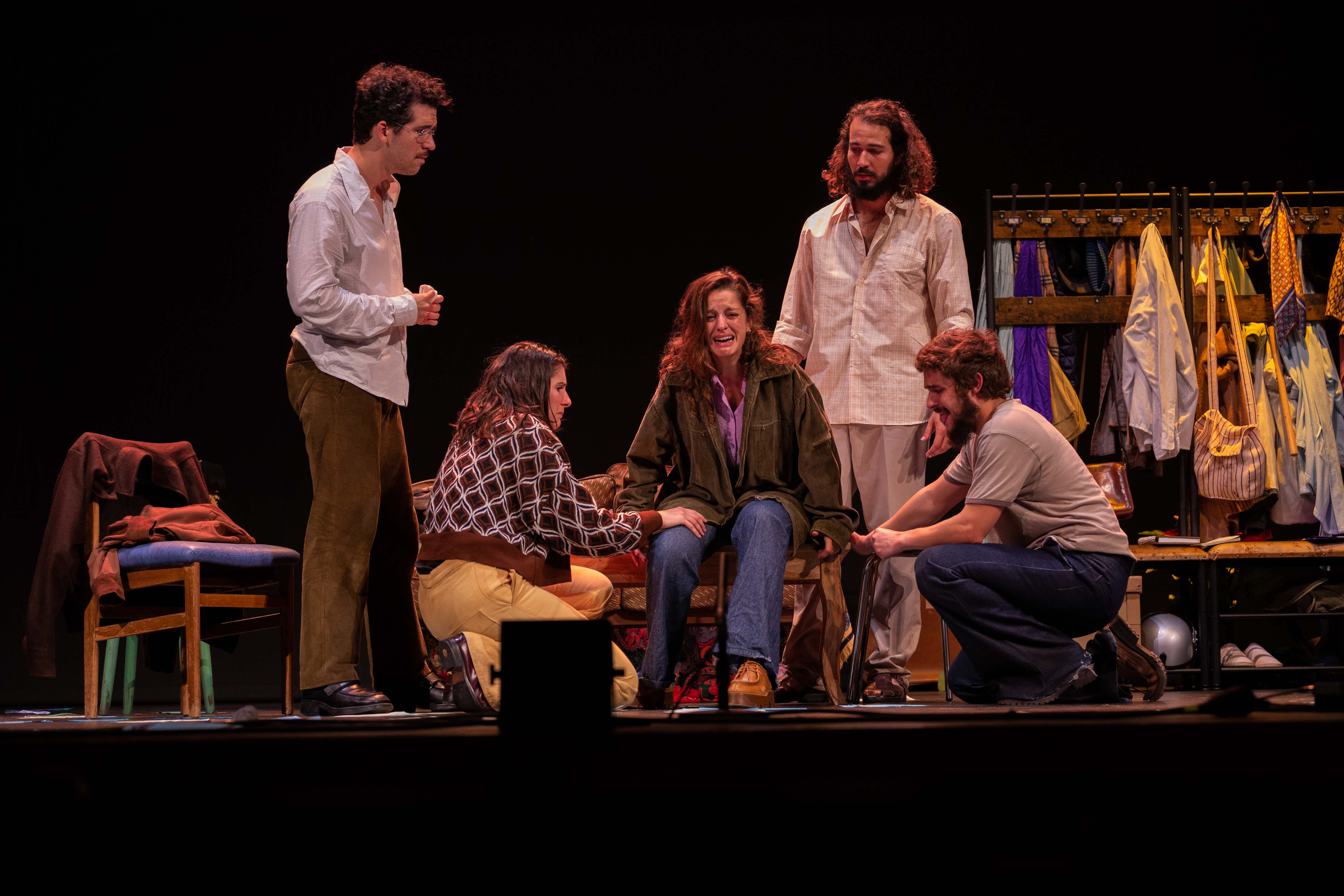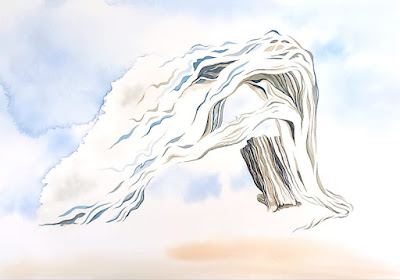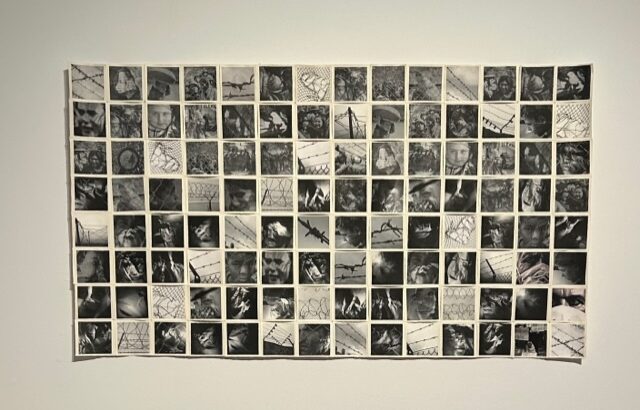by Arkady and Boris Strugatsky
translated by Olena Bormashenko
foreword by Hari Kunzru
afterword by Boris Strugatsky
I first read «Трудно быть богом» in the mid-Seventies, by way of my brother who borrowed it from a classmate. He kept doing it every year till he finished the school. Later, the pattern repeated with his university mate, a lucky owner of a different edition. Naturally, I carried on re-reading the novel.
Even though literary-wise it’s not at the level of its predecessor, Escape Attempt, I loved it. Not as much sci-fi as a swashbuckler, set in some mediaeval quasi-Hispanophone kingdom, both revolting and fascinating — light-years away from a desolate world of Saula. For me, Anton aka Don Rumata, “our man in Arkanar”, was an almost perfect hero: part Aramis, part
Stierlitz. His best friend Baron Pampa was, of course, 100% Porthos. The immortal formula «не вижу, почему бы благородному дону не...», “I see no reason why a noble don shouldn’t...” (© Don Sera), became an integral part of our discourse, as it surely did for a major part of our generation. And the previous generation. And the following one.
I said “almost perfect” because with each reading the naïveté of the protagonist and his (incidentally, Russian-speaking) colleagues irritated me more and more. It’s as if they never read Escape Attempt.

Хорошо бы всё-таки ввести в моду нижнее бельё, подумал Румата. Однако естественным образом это можно было сделать только через женщин, а Румата и в этом отличался непозволительной для разведчика разборчивостью.
Насколько было проще с носовыми платками! На первом же балу Румата извлёк из-за обшлага изящный кружевной платочек и промакнул им губы. На следующем балу бравые гвардейцы уже вытирали потные лица большими и малыми кусками материи разных цветов, с вышивками и монограммами. А через месяц появились франты, носившие на согнутой руке целые простыни, концы которых элегантно волочились по полу. |
It really would be good to bring underwear into style, thought Rumata. However, the only natural way to do so would involve the ladies, and in this respect Rumata happened to be unforgivably picky for an operative.
It had been so much simpler with the handkerchiefs! At his very first ball, Rumata extracted an elegant lace handkerchief from his sleeve and dabbed his lips with it. At the next ball, dashing guardsmen were already wiping their sweaty faces with pieces of embroidered and monogrammed cloth of various sizes and colors. And in a month, there was a spate of dandies sporting entire bedsheets draped over an arm, the tails of which dragged elegantly across the floor. |
The story of the book didn’t end with its publication, or with lives of its authors. For instance, the novel
quotes just the first line of the farewell sonnet of Zuren the Truthful: «Как лист увядший падает на душу» (“As a wilted leaf falls on my soul”). It was my late friend Sergey Valkov who told me about myriads of fan-versions of this poem*. Sergey himself wrote a song to the version of Kir Abramovich (Кир Абрамович).
Hard to Be a God was published in 1964. Is it still relevant? Why, very much so. If we ignore for a moment the world of triumphant communism, that is. I said, for a moment. Cutting to the chase: do I concur with Don Condor that our eagle Don Reba should have been — has to be — “removed”? Totally. Would it help? Rumata was not sure, neither am I. That would be a good start though. In any case, it’s not up to Rumatas but to the good citizens of Arkanar. I don’t hold my breath.
According to Wikipedia, the first English translation of Hard to be a God, by Wendayne Ackerman (1973), was made from a German one. Thanks to the Internet Archive, I was able to read the excellent 2014 translation by Olena Bormashenko. The afterword by Boris Strugatsky sheds some light on the history of the writing. How come that I didn’t know until now that Don Reba originally was to be named Don Rebia, a too transparent anagram of Beria?























